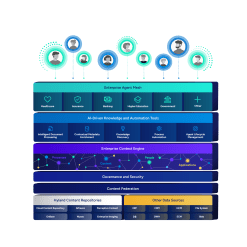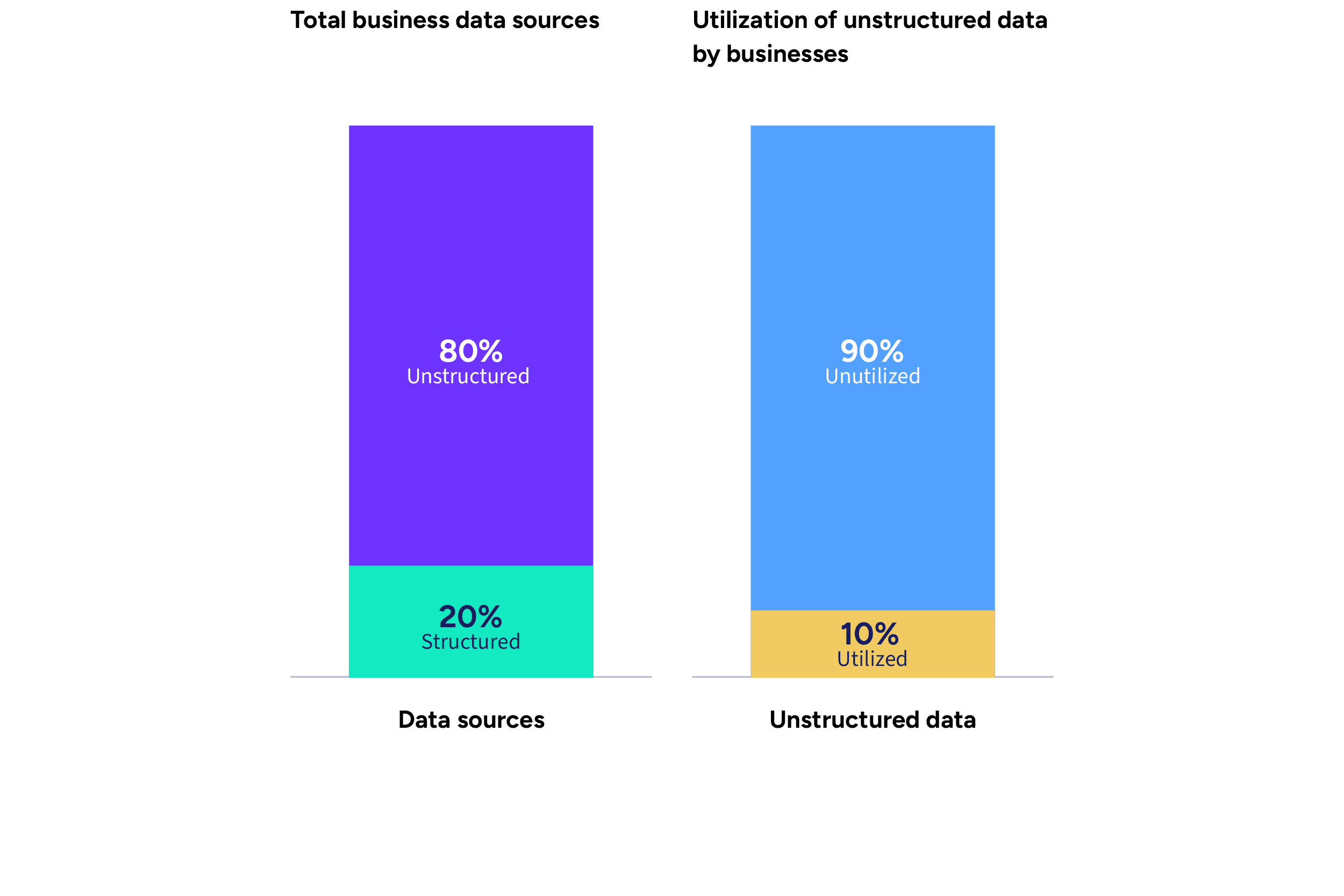3. Governance
Governance overlaps both states of technical readiness and business readiness. Organizations have a great responsibility when it comes to governing AI. From monitoring data access and detecting malicious incursions to ensuring responsible AI practices throughout the organization, having strict standards enables organizations to implement AI safely and securely.
When incorporating AI into products and daily operations, organizations should develop clear guidelines for product teams and employees to mitigate AI-related risks in different aspects of the business.
An AI council can also help oversee the incorporation and implementation of AI, while ensuring guidelines reflect technological advancements and law changes.
Adhering to organizational security and compliance standards is essential. Given AI's heavy reliance on data, having robust policies and the right technical tools in place provide a strong foundation for a secure AI implementation.
4. Ethics
You need to have an ethical foundation in place — it’s critical to deliver on responsible AI.
Ethical AI is a common point of concern among customers and in RFPs. Honesty, bias and explainability are all facets of this component of business readiness.
If an AI engine is going to make a decision or a recommendation, you need to be able to understand how it came to that conclusion and what benchmarks and evaluations are showing those conclusions as accurate. Being ready from an ethics standpoint means having guardrails in place.
Hyland’s AI standards include transparency, data ownership, honesty, verifiable results, privacy and security, and governance. We believe AI should be:
- Beneficial to society, enriching us individually and collectively
- Transparent, so outcomes can be explained and decisions can be audited
- Secure and privacy-enhanced, so organizational and personal data is protected
- Built, used and deployed responsibly throughout the AI lifecycle
- Designed and deployed to monitor for and mitigate unintended consequences or unfair bias
AI-ready businesses can support quality AI outputs with ethical data, as well as monitor for things like bias. AI models also need to be able to defend against situations in which users might try to use disingenuous prompts to receive information they shouldn’t have access to.
The implications are very real for many industries, notably financial services, insurance and higher ed. From historical redlining practices in lending to fraudulent insurance claims and student evaluations, the stakes are high, and the data that feeds an AI model must be protected against bias and tainted data.
5. Skills
With AI capabilities popping up across new and familiar technologies in every industry, you can’t fully realize AI ambitions without the right people to take them to the finish line. The competition for AI skills talent is fierce and has created a talent gap ranging from engineering and data scientists to business users who need leverageable AI know-how.
Organizations are eager to bring on highly trained faces, but AI experts point to upskilling and adopting user-friendly interfaces as alternative routes. With proper upskilling, everyone in an organization should be leveled up from a knowledge perspective on AI; with intuitive interfaces likes point-and-click, low-code tools, everyday business users can leverage AI.





















